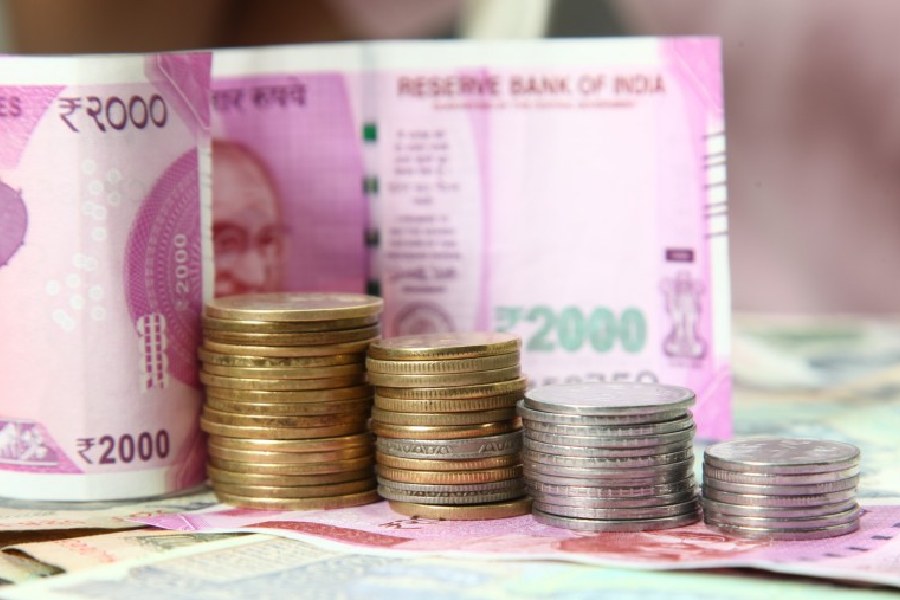-

India calling: Lucinda Riley
It's been a while since the sun set on the Raj but the English love affair with India appears to be an abiding one. Two books shortlisted for the 2014 Romantic Novel of the Year Award are set in India. 'India seems to be considered by our authors and their fans a place of great romance,' says a spokeswoman for the Romantic Novelists' Association, which gives away the awards.
One of the books is Forbidden Jewel of India, by Louise Allen, published by Harlequin Mills & Boon. The other, The Midnight Rose by Lucinda Riley, is published by Pan.
The association, formed in 1960 to promote romantic fiction and encourage good writing, now represents more than 700 writers, agents, editors and other publishing professionals. The Romantic Novel of the Year Award was launched in the same year, and recognises 'excellence' in romantic novels. This year the winners in half a dozen categories plus the overall winner will be announced on March 17 in London.
Forbidden Jewel of India, set in 1788 when cross-cultural relationships were positively encouraged by the East India Company, is quite a racy read. It tells the tale of Anusha Laurens, the daughter of an Indian princess and an English peer, who has to be rescued from the danger she faces living with her uncle in a palace in Rajasthan and delivered safely to her father in Calcutta. Her escort is a handsome English officer, Major Nicholas Herriard.
When it comes to sex, the romantic novels of today are much more explicit than those of yesteryear. Louise Allen, the pen name under which the author Melanie Hilton writes, is convincing in her depiction of erect nipples — the heroine's — and later of the hero's manhood.
To save readers trouble, there are naughty bits on page 146 where the hero admits to himself: 'I am just bloody randy... he didn't want to have a woman, any woman. He wanted this one...'
-

Louise Allen
By page 208, pleasing progress has been achieved: 'She melted against him, her arms around his neck, her breasts so tight against his bare skin... His hands slid down...' On page 356, 'soothed and provoked, kissed and teased, she moaned his name... begging for him in Hindi and English and soft, incoherent murmurs'.
The point to appreciate is that romantic novels — especially ones full of passion set under the 'searing Indian sun' — constitute big business.
Forbidden Jewel of India is Allen's 49th novel. 'The idyllic kind of romance still appeals — it sells very well indeed,' Allen tells The Telegraph. 'You are looking for a happy ever after but happy ever after does not have to be the traditional wedding anymore. It is just a satisfying ending.'
The Midnight Rose is Riley's 12th novel. She clearly knows what she is doing for a previous novel, Hothouse Flower, sold over two million copies worldwide and became a New York Times bestseller.
'Spanning four generations, The Midnight Rose sweeps from the glittering palaces of the great Maharajahs of India to the majestic stately homes of England, following the extraordinary life of a remarkable girl, Anahita Chaval, from 1911 to the present day,' is the plot in summary. 'In the heyday of the British Raj, eleven-year-old Anahita, from a noble but impoverished family, forms a lifelong friendship with the headstrong Princess Indira, the privileged daughter of Indian royalty. As the princess's official companion, Anahita accompanies her friend to England just before the outbreak of World War I. There, she meets young Donald Astbury — reluctant heir to the magnificent, remote Astbury Estate — and his scheming mother.'
Riley speaks of the risk she took in writing the book from the point of view of Anahita, an Indian woman. 'The challenge for me in writing this is that obviously I am a Western woman and so many of the books that are set in India tend to be from a Western perspective. I have written as this Indian girl, Anahita, so I am in her head. So it is very much about the Indian characters looking out rather than the Western world looking in.'
Both Allen and Riley had India in their blood, as it were, because their ancestors served in the British Indian army.
Leaving a tiny village, Piccotts End, in Hertfordshire, Allen's father, Captain Jo Johnson, served in India during World War II. He 'built roads with elephants' and later brought back his watercolours, art works and carvings, 'a large Urdu vocabulary', and tales of the Raj which were all passed on to his kin.
'The story that I most love was when he was learning Urdu — he had come from an English village so he had a little bit of an accent. His tutor, the munshi, was a very elegant, very elderly gentleman with a big white beard. They would sit under a peepul tree. His munshi had been to Oxford — his English accent was extremely good. My father said that on one occasion, he shook his head and said, 'Ah, Johnson Sahib, how am I ever going to teach you to speak Urdu when you do not even speak English properly!' '
In Riley's case, it was her great great uncle, Major Donald Humphries, who served in India from 1914-1921. He had a bungalow in Poona and brought back 'a fantastic photo album'.
Both authors have been to India to do their research. Allen, who has written about the wreck of an East Indiaman that had sailed from Calcutta in an earlier novel, Ravished by the Rake, was much taken by Calcutta, as was her husband, on a trip in 2011. Last year the couple soaked in the atmosphere of Jaipur, Jodhpur and Udaipur.
Riley visited Jaipur and Mumbai in January last year before travelling to Cooch Behar — she found valuable background material in the late Maharani of Jaipur's autobiography, A Princess Remembers.
India, they insist, offers the perfect setting for romantic novels but the research trips were essential in building the plot and atmosphere and ensuring historical accuracy.
Riley, who lives with her family on the Norfolk coast, stumbled across the name 'Anahita' some 10 years ago and saved it for a novel that she has been long planning on India. 'I thought it was the most beautiful name; so that was the name that I used. If I was going to have more children — which I am not — the next one would definitely be Anahita.'
And if her book were ever to be turned into a film, who would fit the part of Anahita?
'I can tell you exactly — the girl in Slumdog Millionaire,' she responds, referring to Freida Pinto. 'She would be just wonderful.'
Allen, who also lives on the Norfolk coast, remembers reading M.M. Kaye's The Far Pavilions when it was published in 1978. 'That's something deep in my subconscious as a wonderfully romantic novel,' adds Allen, who read geography at Durham University with history options.
She explains the choice of India as the setting for so many romantic novels: 'We are dreadful romantics and very given to nostalgia.'












